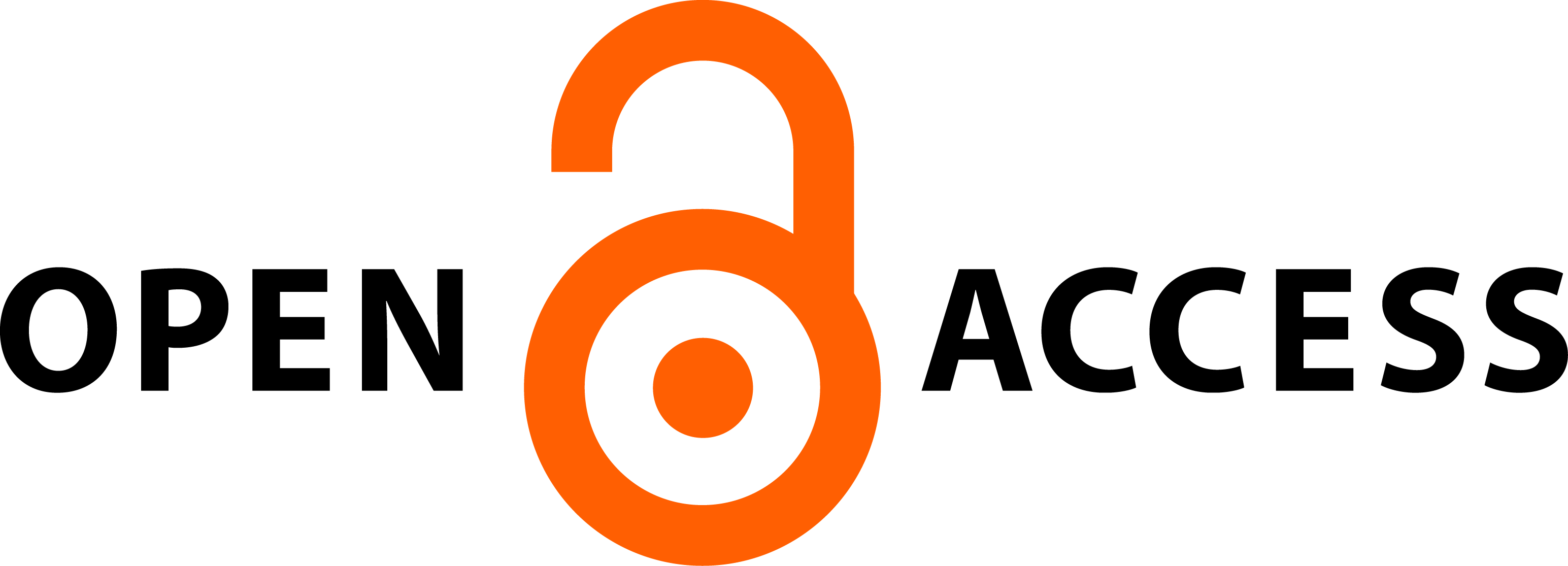WAQF AL-IRSÂD: Menyoal Pelaksanaan dan Kedudukan Wakaf Tanah “Béngkok” sebagai Suatu Fenomena Wakaf Negara dalam Kajian Fiqh
DOI:
https://doi.org/10.21154/muslimheritage.v4i1.1606Keywords:
Béngkok, Wakaf Negara, Waqf al-Irsâd, Hibah ”˜Umrâ, Nadir DesaAbstract
Abstract
The village land / béngkok serves as compensation for the salary of the government board through the use of rice field processing. However, not all objects are in the form of rice fields, it can be manifested as a mosque, cemetery, field, and even village punden. In the case of rise fields, they can be distributed in turn among the village apparatus from time to time, while the other objects not distributed in turn, since they have been functioning for a long time based on the customary. Such condition is required to be concern to various groups due to the ambiguous status of bengkok whether they are belong to village or public property. Meanwhile, the utilization of that function has also been valid for quite a long time without any conversion. This paper tries to offer the concept of State Waqf as an alternative solution to solve the ambiguity of this position. The writer utilize the Waqf al-Irsad theory as the State Endowments Fiqh considering the functions and benefits of bengkokas religious matters, namely mosques and village graves in which the state has role as policy maker and technical controllerof land law.
Tanah béngkok desa berfungsi sebagai kompensasi gaji aparatur desa melalui jalan pemanfaatan pengolahan sawah. Namun, tidak semua objek béngkok berwujud sawah. Béngkok ada yang diwujudkan sebagai masjid, kuburan, lapangan, bahkan punden desa. Pada sawah, status pemanfaatannya bisa dipergilirkan di antara aparatur desa dari masa ke masa, sedangkan pada objek selain sawah keberlakuannya tidak dipergilirkan, tetapi sudah berfungsi untuk itu sejak lama, sejak desa adat itu sendiri ada dari zaman nenek moyang. Kedudukan seperti itu perlu menjadi perhatian berbagai pihak karena statusnya yang “ngambang” antara milik desa karena statusnya atau milik masyarakat karena adatnya. Kedua-duanya pasti saling memiliki dan memerlukan. Sementara, pemanfaatan untuk fungsi itu pun sudah berlaku dalam kurun yang cukup lama tanpa ada alih fungsi. Tulisan ini mencoba menawarkan konsep Wakaf Negara sebagai solusi alternatif mengurai “kengambangan” kedudukan béngkok ini. Penulis menggunakan teori Waqf al-Irsâd sebagai Fiqh Wakaf Negara mengingat fungsi dan manfaat béngkok selama ini lebih banyak untuk urusan keagamaan, yaitu masjid dan kuburan desa di mana negara selama ini sebagai pembuat kebijakan dan pengendali teknis keagrariannya.
Downloads
Published
Issue
Section
License
Requirements to be met by the author as follows:
- Author storing copyright and grant the journal right of first publication manuscripts simultaneously with licensed under the Creative Commons Attribution License that allows others to share the work with a statement of the work's authorship and initial publication in this journal.
- Authors can enter into the preparation of additional contractual separately for non-exclusive distribution of a rich version of the journal issue (eg:post it to an institutional repository or publish it in a book), with the recognition of initial publication in this journal.
- Authors are allowed and encouraged to post their work online (eg, in institutional repositories or on their website) prior to and during the submission process, because it can lead to productive exchanges, as well as citations earlier and more severe than published works. (see The Effect of Open Access).
















